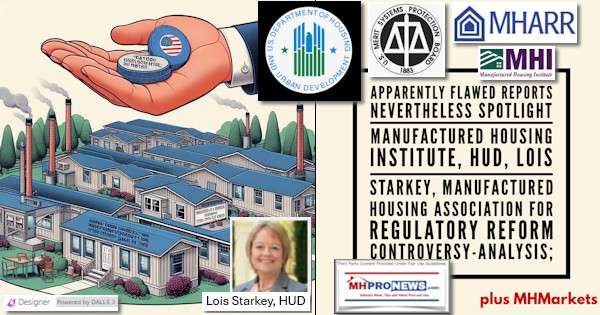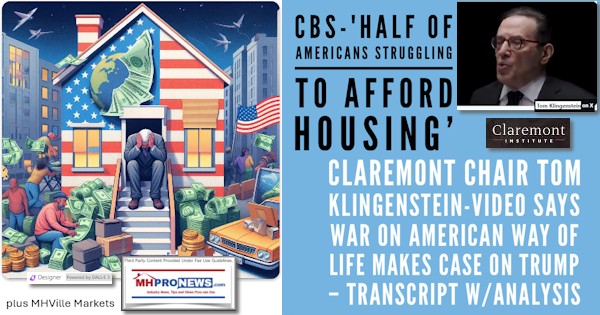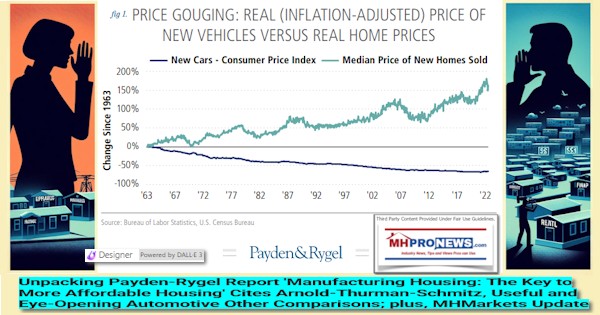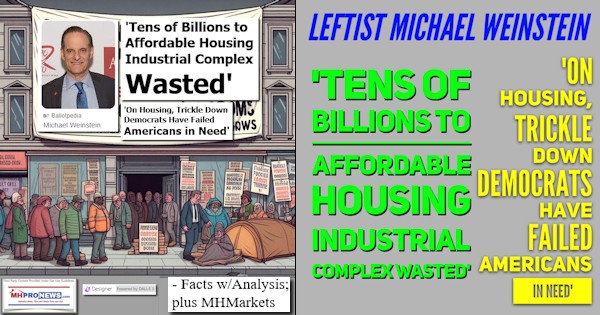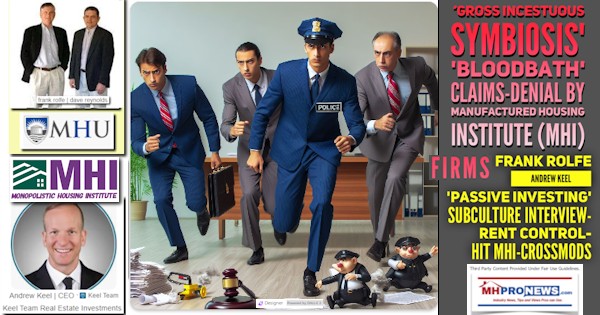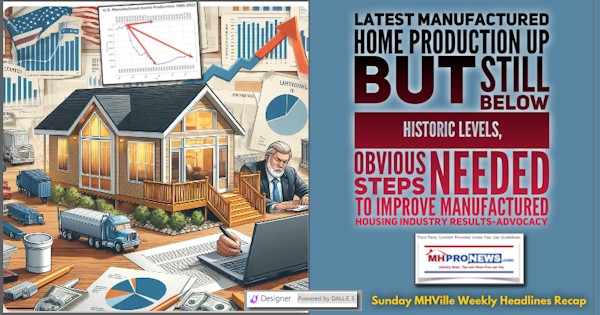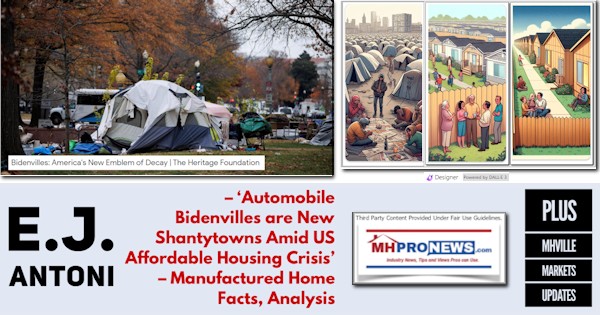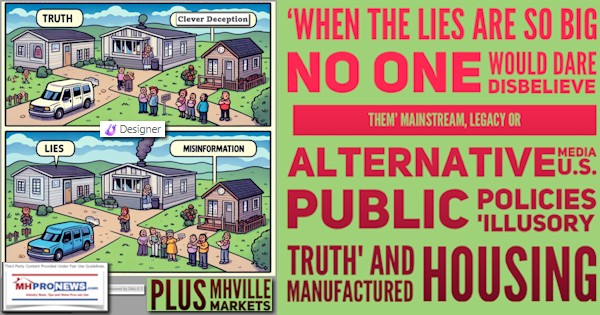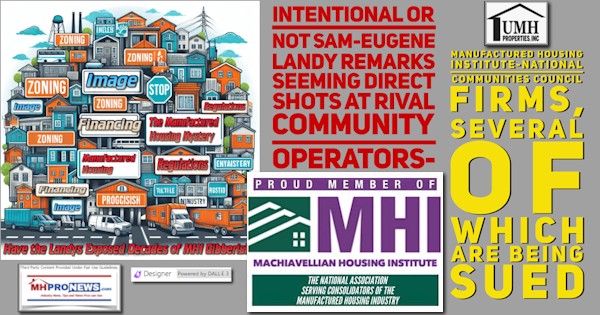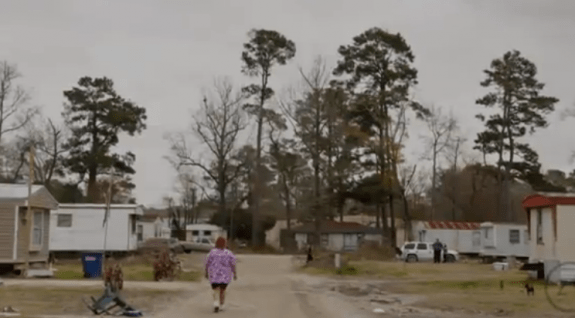
Professional MH mover Kathie Clement and her staff have come to the community to move all the homes. Some of the residents have found other communities for relocation, others are still making phone calls. The background music in the five minute video is turgid, the commentator’s voice is woeful and fraught with foreboding, and the script says “Pine Haven residents, like nearly half the mobile home residents in America today, own their home, but not the land beneath it,” according to ozy’s “The Great Eviction.” In fact, two-thirds of all residents of manufactured homes own the land on which their homes sit.
Article author Shannon Sims says in Louisiana landlords can evict residents within five days, “and while the time periods are greater in some other states, nearly all of the nation’s 20 million mobile home dwellers are in a similarly precarious situation.” Some states require community owners to give a year’s notice. In any case,”nearly all of the nation’s 20 million…” is blatantly false, since two-thirds own their land.
She also states “almost no one has expertise or even knows much about mobile home law.” She certainly has not done her research. Community owners, for one, generally know the laws that affect their communities, as do many city and county officials, MH inspectors, and lawyers who practice in areas where manufactured homes are prevalent. Sims appeal is obviously to those who do not know.
The community owner sold the land for $600,000, and the residents have been given ten days to move. Mark Judson, executive director of the Southwest Louisiana Law Center in Lake Charles, says they have no alternative but to leave. He agrees Louisiana law is stiff. “Even wealthy people would have a hard time moving in 30 days. And here they’re getting 10,” he says.
The residents of Pine Haven eventually received several more weeks in which to move. Sims calls it an “eviction,” implying the residents have not paid their $145 monthly site rent, or have some legal right to the land. “Evictions like these are quietly becoming more common across the country,” she states without any documentation to back it up. Nor does she seek the definition of the word in a dictionary.
Meanwhile, as MHPronews posted in a story Dec. 25, 2013, the Lake Charles area is beginning to boom as the South African company, Sasol Ltd., will build an ethane cracker and gas-to-liquids facility near Westlake. Sims adds that the petrochemical industry is bringing many high-paying natural gas fracking jobs in East Texas to the area.
The author’s tale of low income people being forced to move from their neighborhood is sad, but the appeal to heart-tug drama and the inaccuracies in her story do not lend themselves to quality journalism. For an attempt to set the record straight, please click here. ##
(Photo credit: ozy/Charlotte Buchen–Pine Haven MHC)








